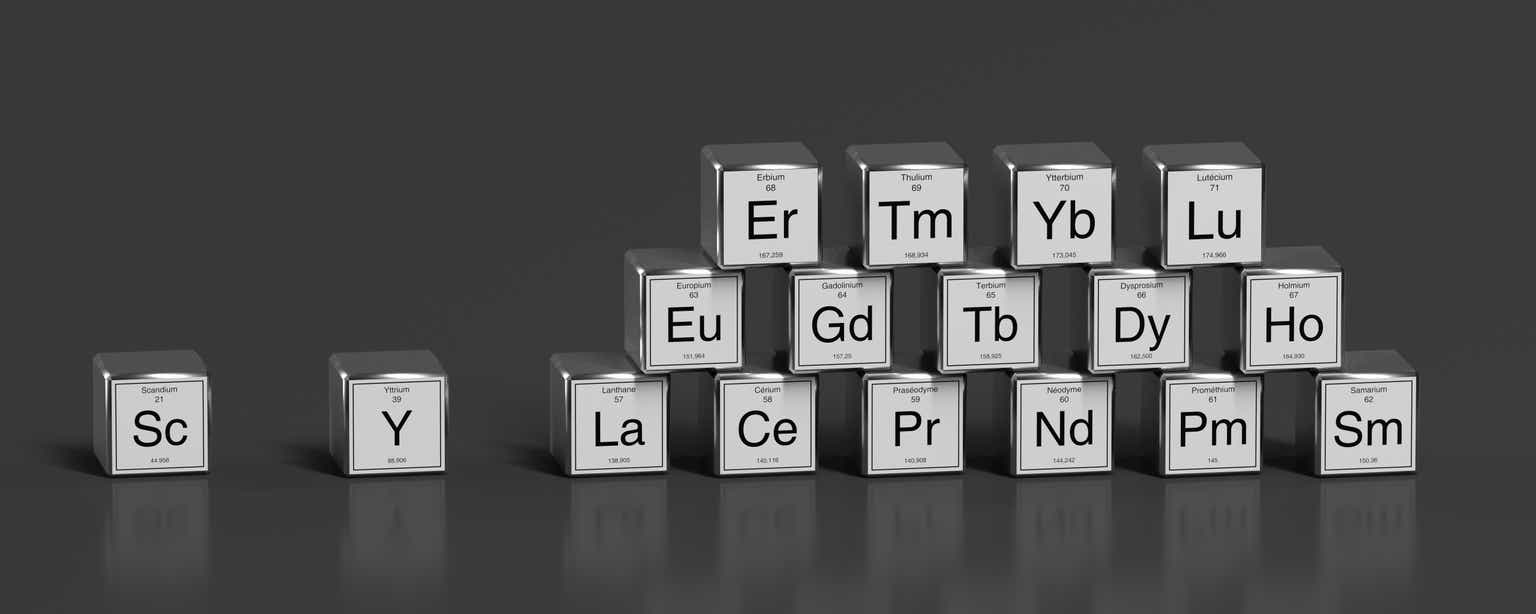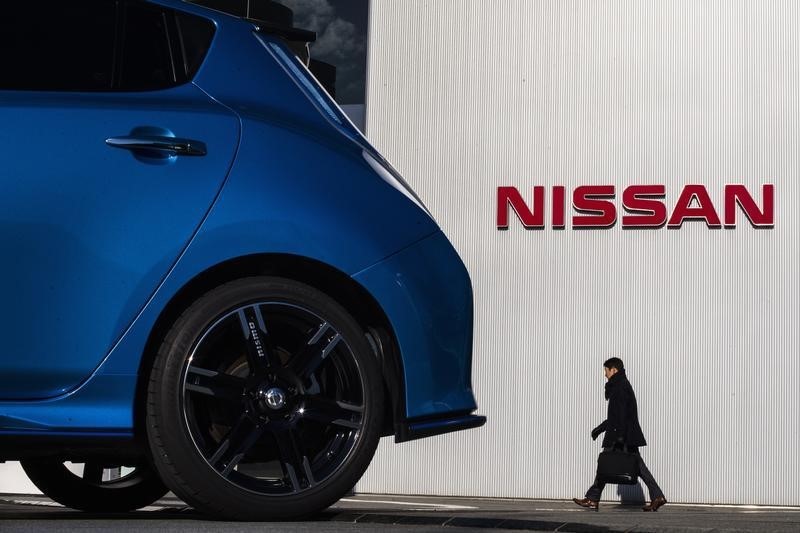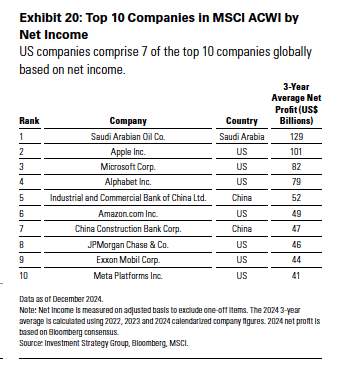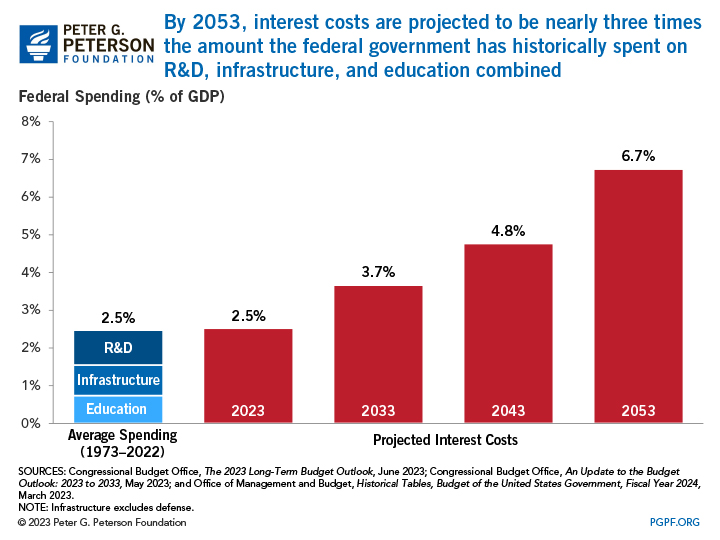© Reuters. FILE PHOTO: The Chevron logo is pictured after the U.S. government granted a six-month license allowing Chevron to boost oil output in U.S.-sanctioned Venezuela, in Caracas, Venezuela, December 2, 2022. REUTERS/Gaby Oraa/File photo
By Sabrina Valle and Mrinalika Roy
HOUSTON (Reuters) -Chevron agreed to buy U.S. rival Hess for $53 billion in stock in a deal that reflects top U.S. energy companies drive for oil and gas assets in a world seeking lower-risk future fossil supplies and higher shareholder returns.
The proposed deal amps up competition between Chevron (NYSE:), the No. 2 U.S. oil and gas producer, and Exxon (NYSE:), its larger rival. It also makes Chevron a partner with Exxon in Guyana’s booming oilfields expected to generate 1.2 million barrels of oil per day by 2027.
It follows Exxon’s rapid-fire deals since July for top U.S. shale producer Pioneer Natural Resources (NYSE:) and Denbury . Those two, nearly $64-billion combined transactions put Exxon atop U.S. shale and cemented the firm’s nascent carbon storage business.
The recent deals are a financial flex by U.S. oil and gas companies that kept investing in fossil fuels as European rivals turned their attention to renewable fuels. Chevron and Exxon used soaring profits from strong energy prices and demand since Russia’s invasion of Ukraine.
“We’ve got too many CEOs per BOE (barrels of oil equivalent), so consolidation is natural,” said Chevron Chief Executive Michael Wirth, adding the world could expect to see other deals.
Chevron has offered 1.025 of its shares for each Hess share held, or $171 per share, implying a premium of about 4.9% to the stock’s last close. The total deal value is $60 billion, including debt.
Chevron’s shares were trading 2.3% lower and Hess was off a fraction in premarket trading. RBC analysts said they were surprised by the deal timing, and had expected Chevron to bide its time after Exxon’s mega deal for Pioneer.
Guyana has emerged as the world’s fastest growing oil province following more than 11 billion barrels of oil and gas discoveries since 2015. Hess holds a 30% stake in an Exxon-led consortium now pumping 380,000 barrels per day.
The deal faces regulatory reviews, but “We don’t see anti-trust concerns here,” said Wirth. “This is great for energy security: It brings together two great American companies.”
Hess Corp (NYSE:) CEO John Hess will join Chevron’s board of directors once the deal closes around the first half of 2024. He said the government of Guyana and Exxon would welcome Chevron’s entry into the country’s oil fields.
The deal reflects about a 5% premium to Hess’s trading price. The combined companies expect to generate about $1 billion in cost synergies within a year of its closing, said Wirth.
The combined company will expand Chevron’s oil production in less risky regions by adding to its output in the U.S. Gulf of Mexico, bringing it into the Bakken shale in North Dakota, and make it a partner in the rapidly-expanding Exxon and CNOOC (NYSE:) Stabroek oil block in Guyana.
Chevron said that following completion of the deal it intends to increase its share repurchases program by $2.5 billion to the top of its $20 billion annual range, in a sign of confidence in future energy prices and its cash generation.
Goldman Sachs was the lead adviser to Hess while Morgan Stanley was the lead adviser to Chevron.















